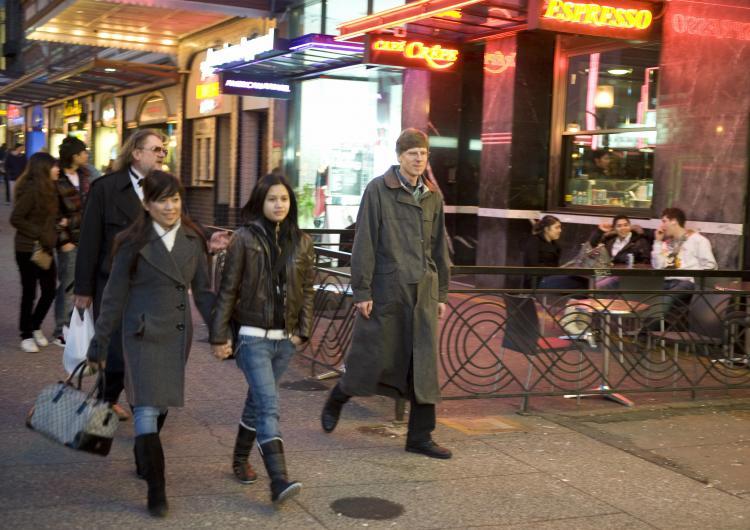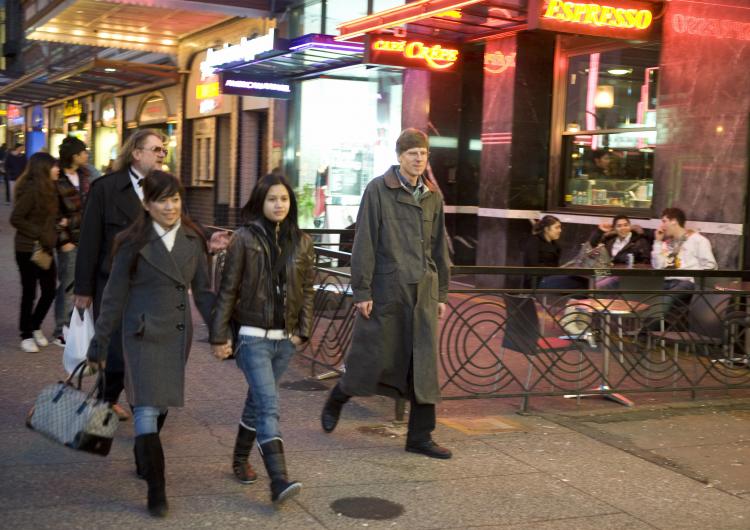Restaurant owners urging the B.C. government to protect their industry can look to the upcoming provincial budget as the next opportunity to find out whether they will have any relief from the harmonized sales tax slated to take effect on July 1.
Harmonization will mean that customers used to paying 5 percent goods and services tax but not the 7 percent provincial sales tax on restaurant meals will have to pay 12 percent HST on the same meals.
“We believe that the industry will lose maybe 7 percent of its sales at least in the first year. It’s about a $10 billion industry with close to 180,000 workers. Our prediction is that we could lose from 8,000 to 10,000 jobs as business slows down,” said Ian Tostenson, president and CEO of the B.C. Restaurant & Foodservices Association.
The industry has asked the government for an exemption from the 7 percent new meal tax.
“We’ve also said in the alternative they may want to consider staging the tax for three years in recognition of the consumer,” Mr. Tostenson said.
Graham Currie, communications director for the B.C. Ministry of Finance, says Finance Minister Colin Hansen has already said no to an exemption but is open to considering mitigation.
“If there is going to be any mitigation measures, it could be in the budget on March 2,” Mr. Currie said.
According to a survey commissioned last year by the Canadian Restaurant and Foodservices Association (CRFA), 64 percent of B.C. consumers favour the exemption.
Harmonization will mean that customers used to paying 5 percent goods and services tax but not the 7 percent provincial sales tax on restaurant meals will have to pay 12 percent HST on the same meals.
“We believe that the industry will lose maybe 7 percent of its sales at least in the first year. It’s about a $10 billion industry with close to 180,000 workers. Our prediction is that we could lose from 8,000 to 10,000 jobs as business slows down,” said Ian Tostenson, president and CEO of the B.C. Restaurant & Foodservices Association.
The industry has asked the government for an exemption from the 7 percent new meal tax.
“We’ve also said in the alternative they may want to consider staging the tax for three years in recognition of the consumer,” Mr. Tostenson said.
Graham Currie, communications director for the B.C. Ministry of Finance, says Finance Minister Colin Hansen has already said no to an exemption but is open to considering mitigation.
“If there is going to be any mitigation measures, it could be in the budget on March 2,” Mr. Currie said.
According to a survey commissioned last year by the Canadian Restaurant and Foodservices Association (CRFA), 64 percent of B.C. consumers favour the exemption.





